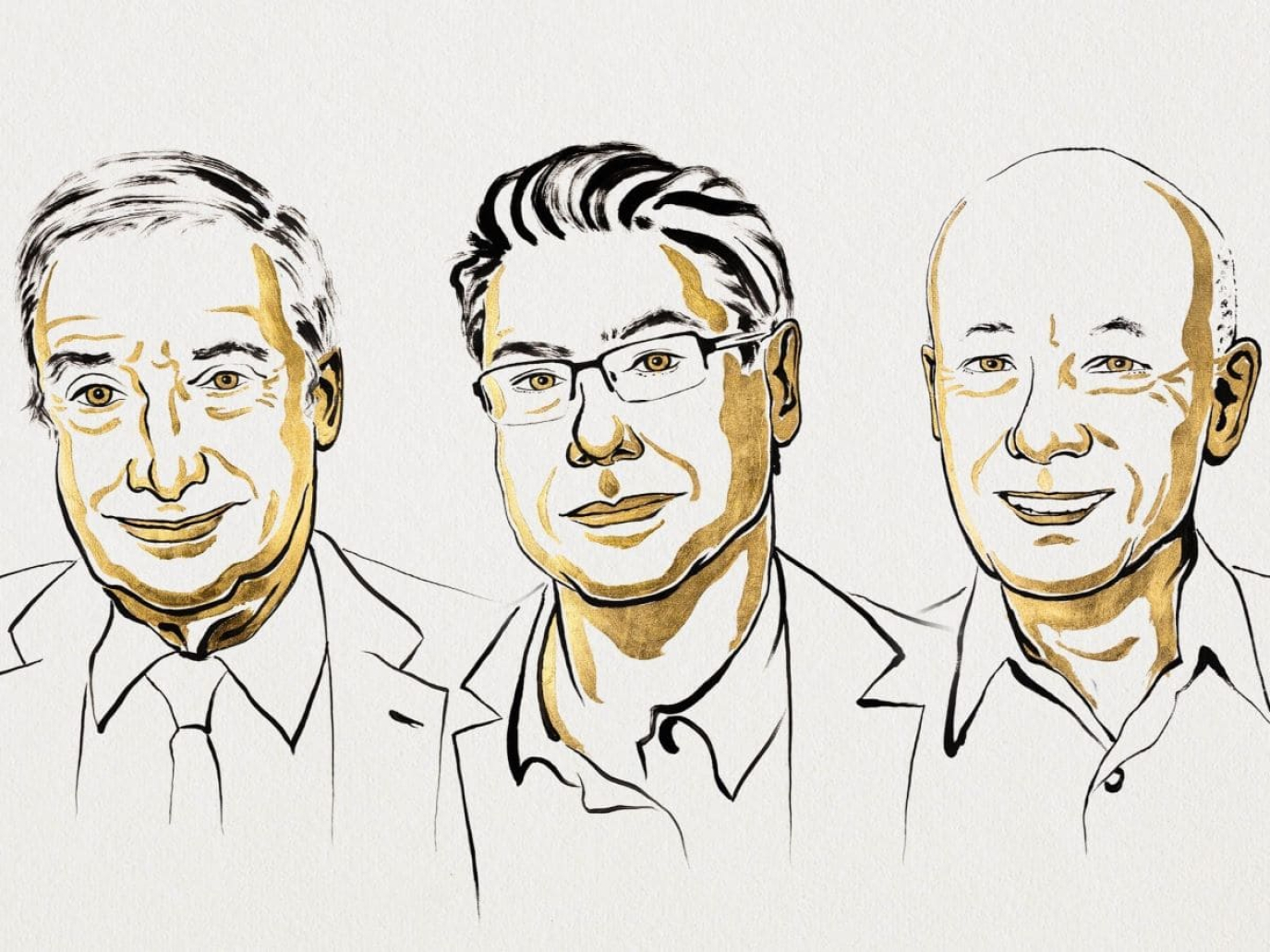
The Royal Swedish Academy of Sciences has awarded the 2025 Sveriges Riksbank Prize in Economic Sciences in Memory of Alfred Nobel to Joel Mokyr, Philippe Aghion and Peter Howitt “for having explained innovation-driven economic growth.” Their work has profoundly reshaped how economists and policymakers understand the dynamics that sustain prosperity, showing that technological progress and the willingness to embrace change are essential to long-term economic resilience.
For the first time in history, over the past two centuries, the world has experienced sustained economic growth, lifting billions from poverty and laying the foundation for global prosperity. Yet, as the Committee Chair John Hassler emphasized, “economic growth cannot be taken for granted. We must uphold the mechanisms that underly creative destruction, so that we do not fall back into stagnation.”
The 2025 laureates highlight a crucial truth: progress depends not only on invention but on an ecosystem—social, institutional and scientific—that allows new ideas to thrive while old systems adapt or disappear.
Joel Mokyr: how knowledge became an engine of growth
Joel Mokyr, of Northwestern University and Tel Aviv University, receives half of the prize “for having identified the prerequisites for sustained growth through technological progress.” His work bridges economic history and the evolution of scientific thought, illustrating how societies shifted from occasional innovation to continuous advancement after the Industrial Revolution.
According to Mokyr, before the 18th century, knowledge was fragmented—discoveries were often applied without understanding why they worked. Once scientific reasoning began to complement experimentation, innovation became self-generating. The rise of institutions that valued curiosity, debate, and openness to new ideas allowed progress to compound.
Mokyr’s historical analysis helps explain why Europe’s Enlightenment era produced an economic acceleration unprecedented in human history. It also carries modern implications: societies that restrict access to knowledge or resist technological disruption risk falling back into stagnation.
Aghion and Howitt: the mathematics of creative destruction
The other half of the prize goes jointly to Philippe Aghion, of Collège de France, INSEAD, and the London School of Economics, and Peter Howitt, of Brown University, “for the theory of sustained growth through creative destruction.”
Their 1992 model formalized the process first described by Joseph Schumpeter, showing mathematically how innovation replaces obsolete technologies through a dynamic cycle of creation and displacement. Each new product or process raises productivity, but simultaneously renders older ones uncompetitive—a tension at the heart of capitalist progress.
Their research revealed both the promise and peril of innovation. While creative destruction drives efficiency and living standards, it also generates conflict between emerging and established firms. If incumbents use political or market power to suppress competitors, innovation stagnates. Aghion and Howitt’s insights have deeply influenced modern innovation policy, competition law, and development economics, shaping debates on how to balance growth, fairness, and sustainability.
Innovation as a public good
The laureates’ combined work underscores that technological progress is not automatic—it requires institutions that reward experimentation, protect competition, and manage transition costs. Countries investing in education, research and open markets tend to achieve faster and more equitable growth.
In an era of accelerating automation, artificial intelligence, and green transition, their theories offer crucial guidance. The OECD estimates that innovation-driven sectors now account for over 60% of productivity growth in advanced economies. Yet, global inequality persists, with many regions still trapped in low-innovation equilibria.
By illuminating how knowledge, creativity, and institutional design intertwine, Mokyr, Aghion and Howitt provide not just an explanation for past prosperity, but a roadmap for sustaining it in the face of climate change, demographic shifts and digital disruption.
The 2025 Nobel Prize in Economics celebrates not only intellectual achievement but also a warning: progress depends on societies’ ability to embrace disruption constructively. As the world seeks to transition toward more sustainable and inclusive economic systems, the laureates remind us that innovation must remain a shared global project—an engine not just of growth, but of renewal.
Also read: Molecular Architecture Wins Chemistry Nobel 2025
Cover: from the left to the right Mokyr, Aghion, Howitt illustrated by Niklas Elmehed © Nobel Prize Outreach



